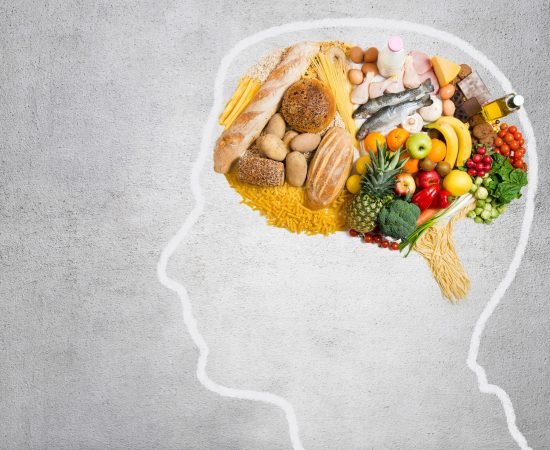The MIND diet (Mediterranean-DASH Diet Intervention for Neurodegenerative Delay) is a dietary pattern specifically designed to promote brain health and reduce the risk of cognitive decline and neurodegenerative diseases such as Alzheimer’s disease. It combines elements of the Mediterranean diet and the DASH (Dietary Approaches to Stop Hypertension) diet, both of which have been associated with various health benefits. The MIND diet emphasizes certain foods while limiting others. Here are the key components:
Foods to Emphasize:
Vegetables: Leafy greens, such as spinach and kale, as well as other vegetables like broccoli and carrots.
Berries: Blueberries are particularly recommended, but other berries like strawberries and raspberries are also beneficial.
Whole Grains: Choose whole grains like brown rice, quinoa, oats, and whole wheat bread instead of refined grains.
Fish: Fatty fish such as salmon, trout, and sardines, which are rich in omega-3 fatty acids.
Poultry: Including chicken and turkey, preferably without the skin.
Olive Oil: Use extra virgin olive oil as the primary source of fat for cooking and dressings.
Nuts: Almonds, walnuts, and other nuts are beneficial, but consume them in moderation due to their high calorie content.
Legumes: Beans, lentils, and chickpeas are excellent sources of fiber and plant-based protein.
Wine (in moderation): Moderate consumption of red wine has been associated with health benefits, but it’s important to drink in moderation (one glass per day for women and up to two glasses per day for men).
Foods to Limit:
Butter and Margarine: Reduce the intake of butter and margarine, which are high in saturated and trans fats.
Red Meat: Limit the consumption of red meat, such as beef and pork, as well as processed meats like sausages and hot dogs.
Cheese: Consume cheese in moderation due to its high saturated fat content.
Fried and Fast Food: Minimize the intake of fried foods and fast food items.
Sweets and Pastries: Limit the consumption of sugary foods, desserts, and pastries.
It’s important to note that the MIND diet focuses on the overall dietary pattern rather than individual nutrients. Following this diet may help reduce the risk of cognitive decline, but it’s always beneficial to consult with a healthcare professional or registered dietitian for personalized advice.




